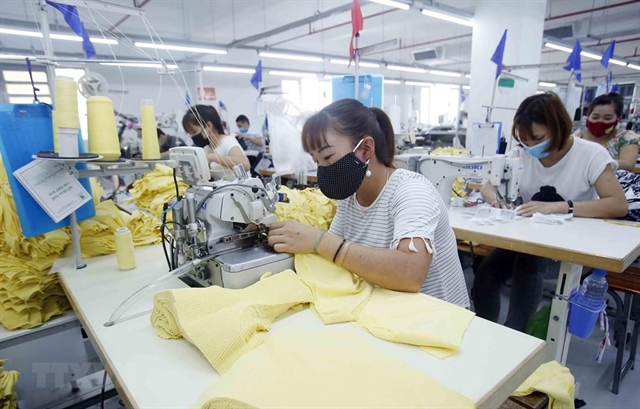Prime Minister Nguyen Xuan Phuc has asked relevant ministries, localities and organisations to increase the enforcement of the Law on Supporting Small and Medium – Sized Enterprises (SMEs) to create favourable conditions for them to overcome the difficult time and develop their business.

Prime Minister Nguyen Xuan Phuc has asked relevant ministries, localities and organisations to increase the enforcement of the Law on Supporting Small and Medium – Sized Enterprises (SMEs) to create favourable conditions for them to overcome the difficult time and develop their business.
Accordingly, documents providing instructions to implement the SME support policies must be issued early while resources must be arranged so that the policies could benefit SMEs.
The Ministry of Planning and Investment would amend Decree No 39/2018/ND-CP dated March 11, 2018 which regulates details for the Law on Supporting SMEs to ensure compliance with the established laws.
The ministry would also arrange budgets for SMEs support programmes, including the programme of supporting SMEs in setting up start-ups and participating in value chains in the 2021-25 period.
The Ministry of Finance would provide instructions to implement the National Assembly’s Resolution about reducing payable corporate income tax (CIT) this year and continue to study and develop policies about CIT policies for SMEs to promote their development.
The Prime Minister also asked the finance ministry to complete the compilation of the decree about local development investment funds, which would include the regulation on allowing the funds to invest in small and medium-sized start-up firms.
Of note, peer-to-peer lending would be piloted to support SMEs in accessing capital.
According to the Ministry of Planning and Investment, the Law on Supporting SMEs which came into effect on January 1, 2018 had not met the expectation of the SME community, adding that many ministries and localities were still confused in developing SME support programmes.
Viet Nam had around 800,000 firms, 98 per cent of them were SMEs. — VNS





